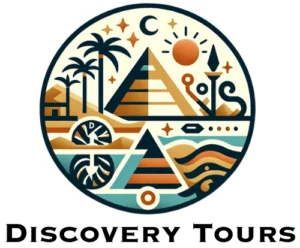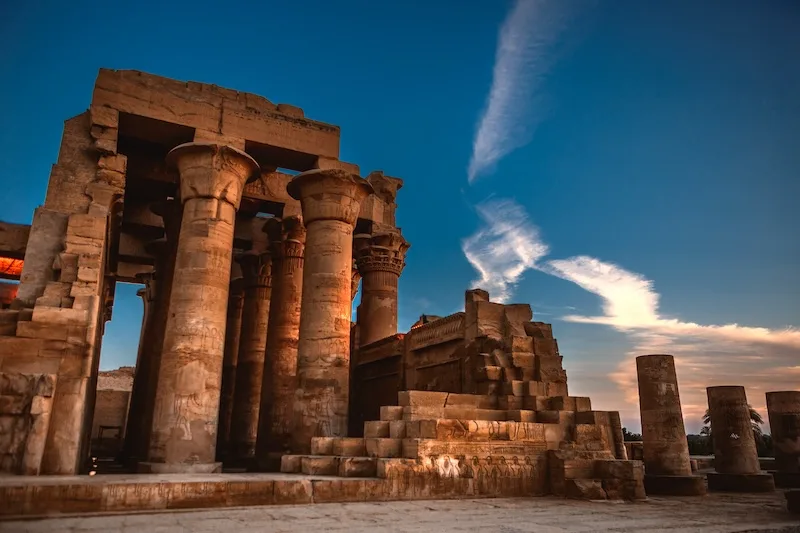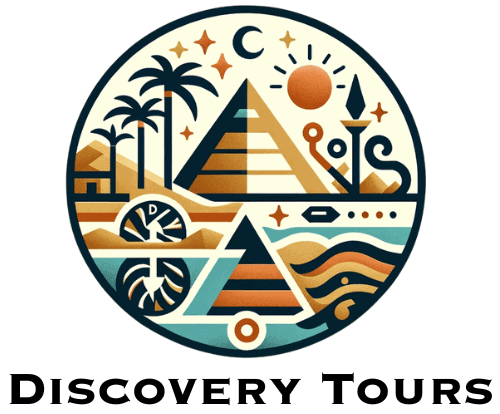Sustainable Tourism in Egypt: Opportunities for DMCs
In an era where the call for responsible travel is louder than ever, sustainable tourism is not just a trend; it’s an essential movement shaping the future of the travel industry. As the world increasingly embraces eco-friendly travel, Egypt stands at the crossroads of rich history and modern sustainability. Destination Management Companies (DMCs) in Egypt have a unique opportunity to lead the way in promoting sustainable tourism practices that not only preserve the cultural and natural heritage of the country but also attract conscious travelers seeking meaningful experiences.
Introduction: The Call for Sustainability
Egypt, known for its timeless monuments, vibrant culture, and breathtaking landscapes, is also a land of diverse ecosystems and communities that depend on tourism for their livelihoods. However, the growth of tourism can sometimes lead to environmental degradation and cultural dilution. This is where the role of DMCs becomes vital. By crafting experiences that prioritize sustainability, DMCs can enhance the traveler’s journey while safeguarding Egypt’s treasures for future generations.
Why is Sustainable Tourism Important in Egypt?
Sustainable tourism promotes environmental stewardship, supports local economies, and fosters cultural understanding. In Egypt, where the delicate balance between tourism and preservation is paramount, adopting sustainable practices can help mitigate the impact of mass tourism on natural and cultural resources.
Question 1: How can DMCs promote eco-friendly travel in Egypt?
DMCs can promote eco-friendly travel in Egypt through various initiatives. One effective strategy is to develop partnerships with local eco-lodges and sustainable hotels that prioritize green practices, such as waste reduction, water conservation, and the use of renewable energy sources. Additionally, organizing tours that emphasize responsible wildlife experiences, cultural interactions, and community-based projects can foster a deeper connection between travelers and the local environment.
Question 2: What are some sustainable activities that DMCs can offer?
DMCs have a wealth of options when it comes to offering sustainable activities. Here are a few ideas:
1. Eco-Tours: Craft itineraries that include visits to protected areas, such as national parks or marine reserves, where travelers can learn about biodiversity and conservation efforts.
2. Cultural Experiences: Facilitate workshops with local artisans or farmers, allowing travelers to engage directly with the community and gain insight into traditional crafts and sustainable agricultural practices.
3. Volunteer Opportunities: Partner with local NGOs to create volunteer programs that allow travelers to give back to the communities they visit, whether through conservation efforts or educational initiatives.
4. Transportation Alternatives: Encourage the use of bicycles or electric vehicles for tours, reducing carbon footprints while providing unique ways to explore Egypt’s landscapes.
Building a Green Brand: The DMC Advantage
By adopting sustainable tourism practices, DMCs can create a compelling brand narrative that resonates with eco-conscious travelers. A commitment to sustainability not only enhances a DMC’s reputation but also opens up new market opportunities. As travelers increasingly seek experiences that align with their values, DMCs that prioritize sustainability can differentiate themselves in a competitive landscape.
Question 3: What role does community engagement play in sustainable tourism?
Community engagement is at the heart of sustainable tourism. Involving local communities in the tourism process fosters a sense of ownership and pride in their culture and environment. DMCs can work closely with communities to develop authentic experiences that showcase local traditions, cuisine, and crafts. This not only enriches the travel experience but also ensures that tourism revenue benefits the local population, reinforcing the economic sustainability of the region.
Conclusion: The Future is Bright for Sustainable Tourism in Egypt
The future of tourism in Egypt lies in embracing sustainable practices that protect the environment, preserve cultural heritage, and uplift local communities. As DMCs, the responsibility to lead this charge is in your hands. By implementing eco-friendly initiatives and promoting responsible travel, you can attract a growing segment of conscious travelers eager to explore Egypt’s treasures while making a positive impact.
As we move forward, let’s prioritize sustainable tourism in Egypt—not just as a business strategy, but as a commitment to preserving the beauty and richness of this ancient land for generations to come. By harnessing the power of community, culture, and conservation, DMCs can pave the way for a brighter, greener future in Egyptian tourism. Embrace the opportunities that sustainable tourism presents, and let’s create a legacy that both travelers and locals can cherish together.





